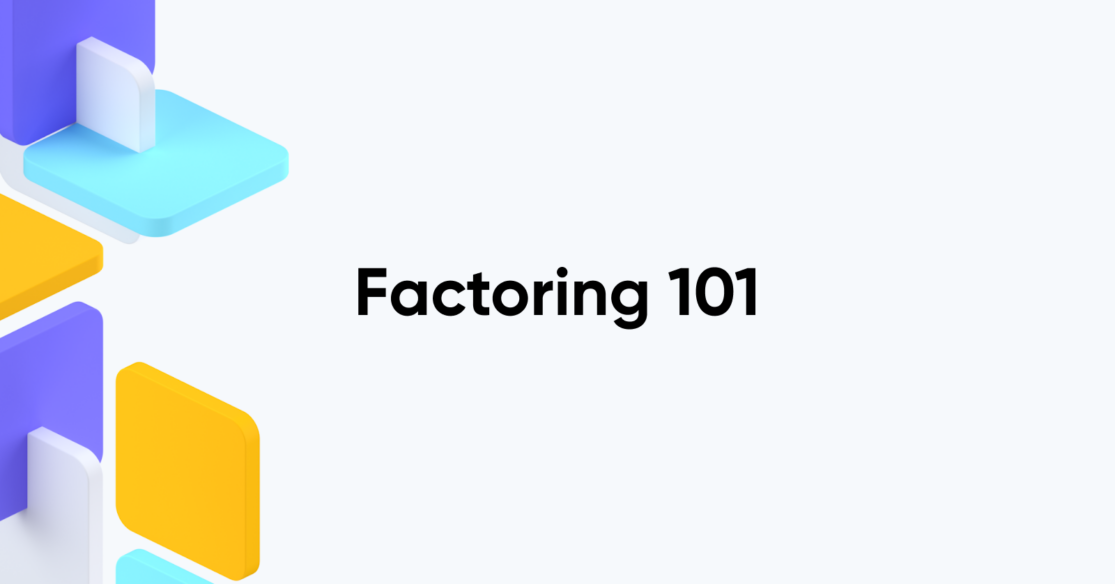
Factoring is a financial transaction and a type of debtor finance in which a company sells its accounts receivable to a third party at a discount. A business will sometimes factor its receivable assets to meet its present and immediate cash needs.
In this post we share some details of Factoring your receivables with Founderpath…
How does Founderpath work?
Our goal is to provide founders with cashflow to grow their operations sustainably without diluting their equity. We purchase the receivables (ie. our customers’ subscriptions/contracts) in exchange for up front capital. Our founders can draw from that capital either all at once, or in various amounts over time. Factoring is just one of many SaaS funding options available to bootstrapped founders.
Does Founderpath take equity?
No, Founderpath does not take equity. Our goal is to empower bootstrapped founders and their startups by providing non-dilutive capital. The better the Founderpath Score, the better terms we can offer (longer payback periods, cheaper rates) and the more capital our founders are eligible to receive.
Should we take it all now? Or periodically (ie. in tranches)?
While 100% of the eligible capital can be taken up front, most of our founders prefer to draw portions of the capital at various times over a given period. This allows our founders to grow their revenue while simultaneously improving their Founderpath Score, thereby increasing eligible capital and providing better terms in a virtuous cycle.
What happens if/when our customers churn?
Founderpath intelligently finds the next similar or equal subscription(s) and automatically replaces the churned subscription(s). This requires no work from the founder.
Who’s backing Founderpath?
Founderpath has partnered with both institutional capital and successful SaaS entrepreneurs who wish they had access to non-dilutive financing early on.
What happens if we can’t repay?
We try to mitigate the chance of worst case scenarios by partnering with companies that share our ethos and vision (bootstrap, keep equity). On the off chance that one of our partners can’t pay us back, we try to resolve the issue by mutually agreeing to a path for repayment.
Why is your team so small?
A big team is expensive. In order to pay a big team, we have to increase the rates we charge founders. We’d prefer to stay small so we can save our Founders more money and offer them the best terms possible. When you see other companies offer you capital, remember that they have to make enough money on you to pay their big team salaries.
Related Funding Guides
Recent Articles
Bootstrapping a Startup: The Complete Guide for SaaS Founders
Only about 0.05% of startups ever raise venture capital, according to Fundera. The other 99.95% either bootstrap, borrow, or shut…
SaaS Financial Model: How to Build One That Investors Want to See
A SaaS financial model is the single most important document in your company — and most founders get it wrong.…
SaaS Startups: How to Start and Fund a SaaS Company
Global SaaS spending is projected to approach $300 billion in 2025, according to Gartner, growing at nearly 20% per year.…